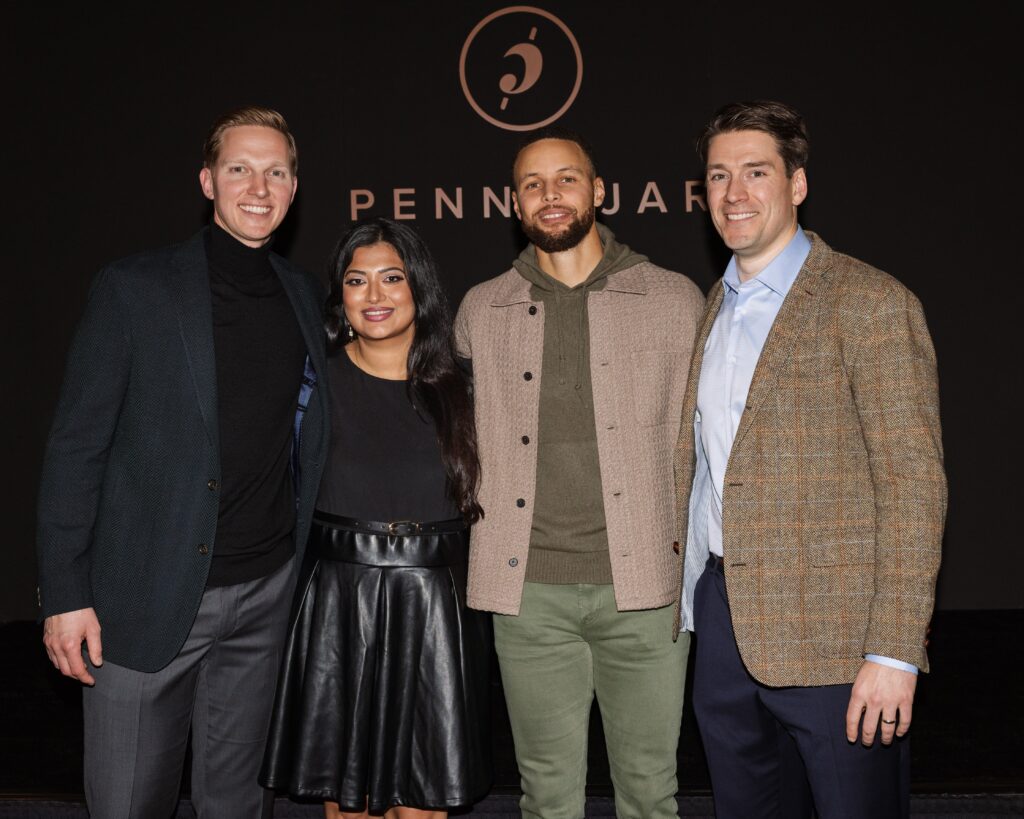
The Innovation Journeys of Corporations: +Venture North
12.15.2023Understanding the lay of the land is important to startups seeking to approach potential corporate customers. And as this panel showed, there is no one way to ‘do innovation’ and the approaches taken were as diverse as the companies themselves. Spanning the industries of health care, insurance brokerage, manufacturing, and food production, each of our representatives shared a journey that is on-going and unique to the aspects of the larger organization.
SixSibs Capital’s Jack Wigdale moderated a session at +Venture North designed to delve into how several large Wisconsin companies are positioning themselves for the future with different approaches that continue to support a culture of innovation consistent with each firms’ storied past. Panelists included:
- Kathryn Clouse, Kohler Co.
- Greg LaPoint, Edge – Gunderson Health System
- Vinith Poduval, Schreiber Foods, Inc.
- Mike Victorson, M3 Insurance
The panelists agreed that there isn’t just one solution to driving innovation. Each company relied on a blend of internal innovation programs and external inputs.
Kohler Co.’s Clouse said that they use a mix of M & A and partnerships with startups and mature companies as well as internal innovation programs. She noted, “We try to foster that innovative spirit in our associates.”
She explained that about 70 percent of Kohler’s innovation efforts are focused on immediate impact, 20 percent are mid-horizon and the remaining 10 percent are longer horizon projects and concepts. Clouse said, “You need a place for each level of innovation in the pipeline.”
Likewise, LaPoint, COO and managing director of Edge, the innovation arm for Gunderson Health Systems, noted that their efforts have three pillars:
- Edge Engage: Internal ideation and employee engagement
- Edge Launch: Provides incubator services
- Edge Ventures: A venture fund focused on healthcare related startups
In terms of engaging employees, LaPoint said that they do internal “road shows” to ensure that all Gunderson employees know how to bring ideas forward for consideration.
M3 Insurance, the smallest business on the panel, took a different approach to innovation. Victorson explained that years ago they brought six competitors together to create BrokerTech Ventures to find and support startups with innovative solutions serving the insurance industry.
He shared that most of the early focus was on improving internal processes and efficiency. To date, there have been four accelerator cohorts and that 46 of those 48 companies are still in businesses.
Schreiber Foods is a $7.5 billion B2B food organization and the second largest cheese converter in the U.S.
Poduval said that Schreiber’s multi-faceted innovation efforts are built with a focus on growing the business.
Six months ago, Schreiber launched Schreiber Ventures focused on sustainability and supply chain. They have invested in VC funds and have also started doing direct investments. The goal, Poduval noted is to build a self-funding, growing fund that can build on itself instead of “going back to the mothership” for funding.
At the same time, they also support internal innovation, and he shared that the first incubation idea that came from their internal efforts is now scaling. Poduval noted that “Innovation is a discipline and something that you can learn.”
Attendees walked away from the session with useful insights into the innovation approach within corporations. Some key takeaways included:
- Most corporations, regardless of size, have some type of formal innovation activity today. Often it is a relatively new construct designed to corral many activities that were already occurring across organizations in somewhat disjointed fashion.
- Most innovation leaders within organizations would probably agree that they are still learning and evolving their efforts.
- There is no one path, and each group has built a unique structure that works within their culture.
Innovation is a discipline, and it can be learned. There will probably be stops and starts but it is critical to keep on going.


